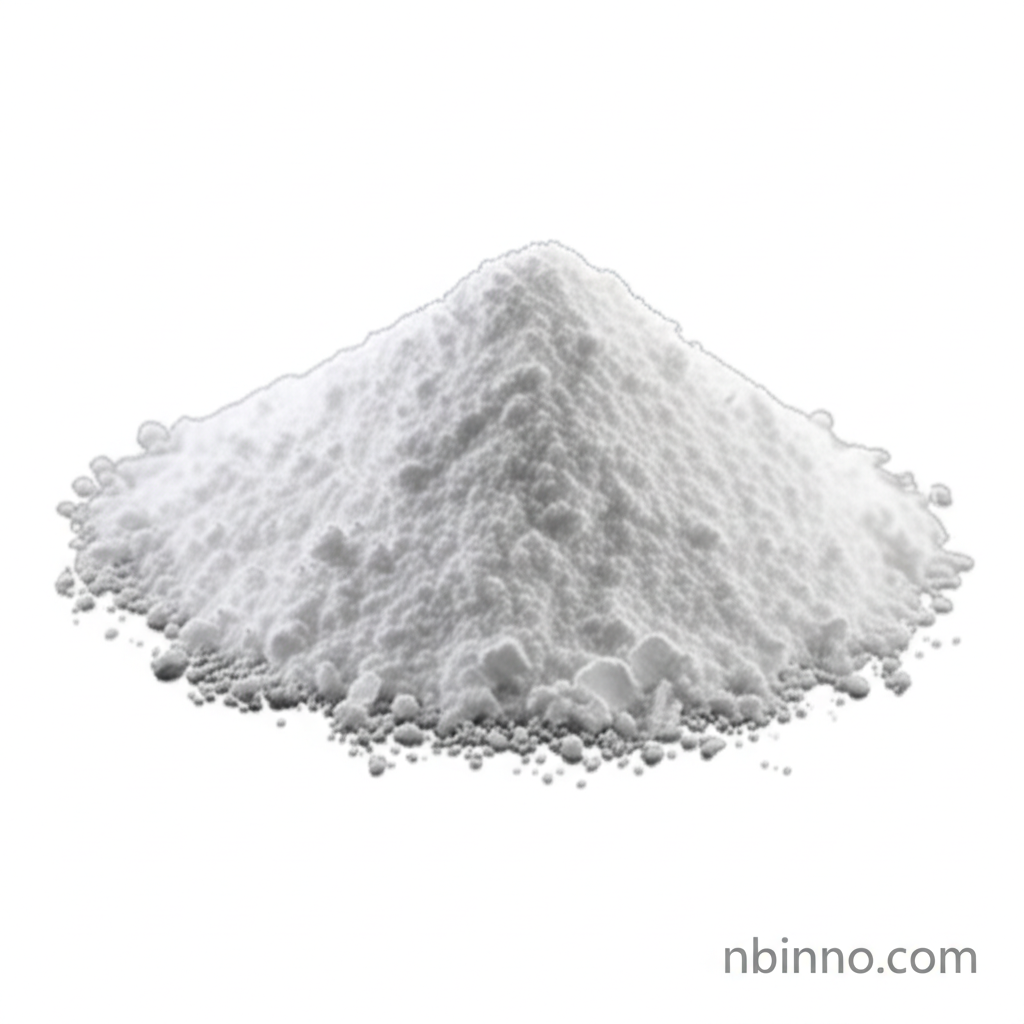High-Purity Hydroxypivalic Acid (CAS 4835-90-9): Synthesis, Applications, and Market Insights
Explore the key applications and benefits of Hydroxypivalic Acid, a vital chemical intermediate for various industries.
Get a Quote & SampleProduct Core Value

Hydroxypivalic Acid
Hydroxypivalic Acid, also known as HPA and identified by CAS number 4835-90-9, is a pivotal organic intermediate. Its chemical formula, C5H10O3, and molecular weight of 118.13 g/mol define its structure. This white crystalline powder, with a melting point of 126°C, is a versatile building block essential for various industrial applications, particularly in the synthesis of advanced materials.
- Discover the critical role of Hydroxypivalic Acid in the synthesis of durable coatings, enhancing product performance.
- Learn how buying Hydroxypivalic Acid can benefit your manufacturing processes, providing a reliable supply of this key intermediate.
- Understand the various applications of Hydroxypivalic Acid, from its use in resins and adhesives to its function as a pharmaceutical intermediate.
- Explore the market trends and factors influencing the price of Hydroxypivalic Acid, ensuring informed purchasing decisions.
Key Advantages
Enhanced Material Properties
Leverage Hydroxypivalic Acid to improve solubility and compatibility in polyester molecules, effectively reducing resin crystallinity and enhancing overall material performance.
Versatile Chemical Intermediate
Utilize HPA as a fundamental building block in the production of polyurethane and polyester resins, contributing to excellent adhesion and flexibility in diverse applications.
Improved Coating Durability
Incorporate Hydroxypivalic Acid into automotive and industrial coatings to achieve high hydrolytic stability and superior UV resistance, ensuring long-lasting protection.
Key Applications
Coatings Industry
Hydroxypivalic Acid is a crucial comonomer for fluoropolymer resins, enhancing durability, solubility, and adhesion in high-performance coatings.
Adhesives and Sealants
In reactive hot melt adhesives, HPA contributes to improved transparency by suppressing crystallization, offering a good balance of hardness and flexibility.
Pharmaceutical Intermediates
As a key building block, Hydroxypivalic Acid plays a role in the synthesis of various pharmaceutical compounds and intermediates, supporting drug development.
Resin Manufacturing
HPA is utilized in the production of polyesters and polyurethanes, impacting properties like flow, leveling, and flexibility in powder coatings and automotive applications.
